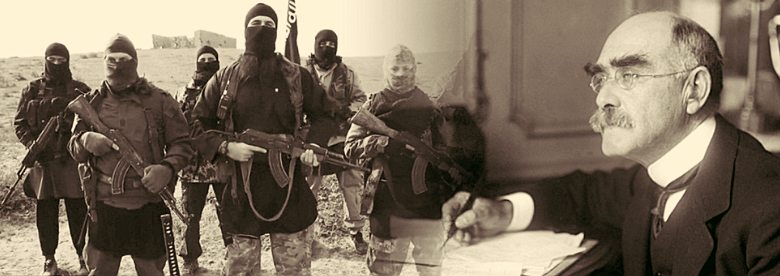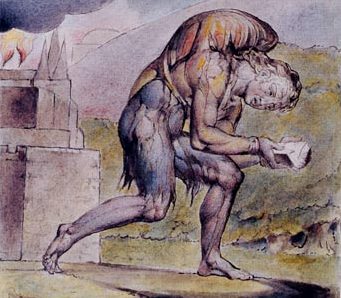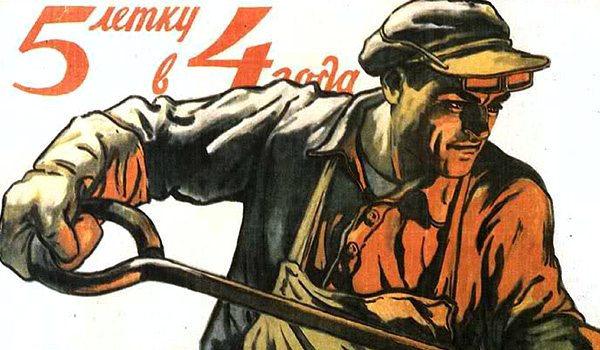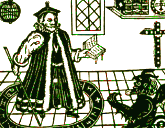For a change of pace, our German translator JLH channels Henry Wadsworth Longfellow in this little ditty about the Bumpkin From the Big Apple.

The Ballad of the Blue-Collar Billionaire
by JLH
I
Come listen my children and you shall hear
A political tale that will bring you good cheer.
On November the eighth in the year ’16,
A man was elected that none had foreseen
Or thought or guessed, let alone, expected
Would be nominated, much less, elected.
He stepped on the stage at that very first meeting,
Expected by all to take a great beating.
The Fourth Estate was in tears of joy:
Here was the perfect whipping boy.
His mouth was so big, his tweets even bigger,
And always good for a snort or a snigger.
Whatever he said — be it false, be it true,
There just was no limit to what they could do.
They prepared to record the brief but wild flare,
Of the man who would be the Blue-Collar Billionaire.
As the Redcoats had massed at Lexington,
So “neutral” moderators first sought to stun,
With fusillades of factoids and lethal spin,
But it all bounced off a fight-toughened skin.
Questions intended to demonize him,
To tear him asunder and limb from limb,
Were seen by the watching multitude
As proof of humanity, if not rectitude.
When interrogators wanted a loyalty oath,
He said that’s alright, but only if both
The party and others said to his face
That they would support him, if he won the race.
There were some opponents who looked down their noses
And made cutting remarks while striking great poses;
Claimed knowledge, experience and comprehension
To smooth over quarrels and lessen dissension.
All versus a man from the building domain,
Whose language was blunt, if not outright profane.
Then there began the chipping away:
His crazy ideas would make taxpayers pay
For impossible schemes that no one could do —
Politically impractical, as everyone (else) knew.
His demeanor was bumptious; his language askew;
How could he know what statesmen should do?
The elegant thinking of political types
Was beyond a man who lived only by hype.
But there also began a most startling display
Of competing in a counterintuitive way.
He played the bully as well as the fool;
He called them all names like a kid after school.
And then he did something that was really unfair —
So embarrassing it was, it was so hard to bear.
He did something that almost seemed underhand:
He proclaimed his unabashed love for this land!
He also had a cap that was red with white letters,
Which he proudly flourished in front of his betters.
Not patriotism, too! For the love of God!
Does he not know that makes him look odd?
And what was that, that he just threw out?
He’s pledging support to those credulous louts,
Evangelical Christians — he’s got their back.
When we already have them! The ignorant hack!
And another religious wave he would make —
He read out the story of Al Miller’s “The Snake.”








 Now, with all of you, and the necessity to ask for money from you, the scope of our vision has long since changed: who we’re answerable to, and for what, and why. Thus each of these week-long events requires us to step back. We take the opportunity to look at our work and at our direction; we spend even more time than usual talking about both the content and the process of our child, this website.
Now, with all of you, and the necessity to ask for money from you, the scope of our vision has long since changed: who we’re answerable to, and for what, and why. Thus each of these week-long events requires us to step back. We take the opportunity to look at our work and at our direction; we spend even more time than usual talking about both the content and the process of our child, this website.
 We recently received a cash donation by snail-mail from someone who lives in the Chicago area. There was no return address or signature, so we were unable to send the donor a thank-you note.
We recently received a cash donation by snail-mail from someone who lives in the Chicago area. There was no return address or signature, so we were unable to send the donor a thank-you note. Today is William Shakespeare’s birthday, but the following excerpt is from Scene 3 of Doctor Faustus by Christopher Marlowe, a contemporary of Shakespeare’s. Faustus has just conjured up Mephistophilis and is about to negotiate the sale of his soul to Lucifer:
Today is William Shakespeare’s birthday, but the following excerpt is from Scene 3 of Doctor Faustus by Christopher Marlowe, a contemporary of Shakespeare’s. Faustus has just conjured up Mephistophilis and is about to negotiate the sale of his soul to Lucifer: